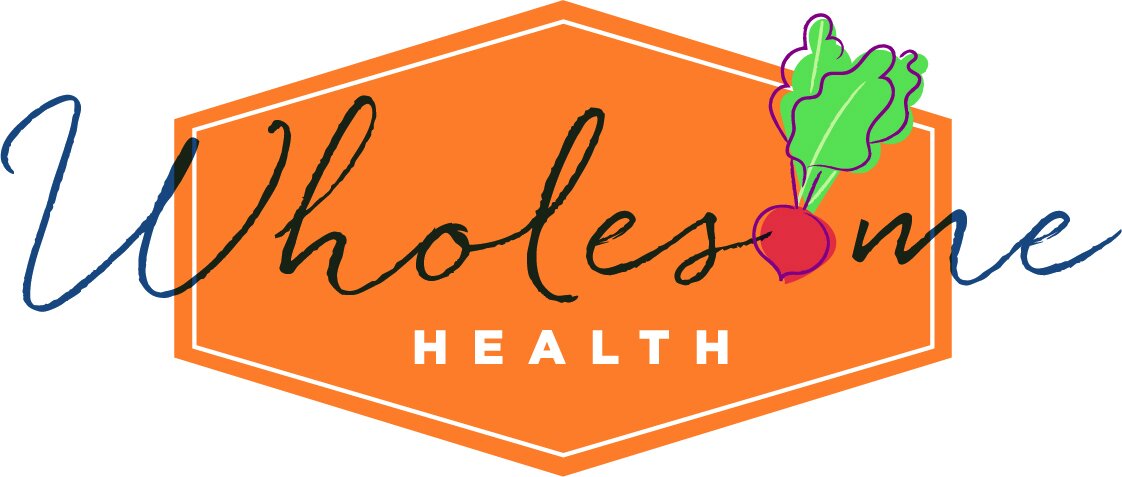Food for Thought: Foods That Are Good for Brain Health
Healthy foods are important for your whole body and that includes your brain. Would you change your diet if it could possibly improve your brain health as you age? If so, then this blog post is for you! Today I’m sharing what I know about the healthiest foods for your brain.
What is the MIND diet?
The MIND diet is a recent concept that combines the Mediterranean and DASH diets. MIND stands for Mediterranean-DASH Intervention for Neurodegenerative Delay. So far there is limited research, but this research has shown promising results in the reduction of dementia and brain function decline in aging adults. Both the Mediterranean and DASH diets emphasize the consumption of fruits, vegetables, whole grains, healthy fats, and lean proteins. The MIND diet does not have specific guidelines, rather it emphasizes 10 foods that should be consumed to help protect brain health and 5 foods to limit or avoid.
Research
As I said above, research regarding the effectiveness of the MIND diet is limited, but the thought is that it may help decrease oxidative stress and inflammation. Oxidative stress can occur when free radicals accumulate in the body, which can cause damage to cells. Increasing consumption of foods high in antioxidants may help prevent some of the damage that oxidative stress and inflammation can cause to the brain. Studies indicate that the MIND diet may slow the cognitive decline associated with aging.
Alzheimer’s is thought to occur as a result of abnormal protein build-up in brain cells. The proteins form plaque which can disrupt the normal communication between brain cells and lead to cell death. It’s possible that the MIND diet could reduce the build-up of these proteins, but more research is still needed.
10 foods to eat
Foods that are recommended as a part of the MIND diet are high in vitamins, minerals, fiber, and healthy fats.
Green leafy vegetables - 6 or more servings per week
All other vegetables - at least once daily; the lycopene in tomatoes, for example, can help prevent free radical damage in the body
Berries - at least 2 servings per week
Nuts - eat 5 servings per week and aim for a variety of nuts (seeds are good options too); one serving is 1/4 cup nuts or 2 tablespoons natural nut butter
Olive oil - best used as a salad dressing or for low-temperature cooking
Whole grains - eat 3 servings daily
Fish - eat fatty fish at least once per week, varieties recommended include sardines, salmon, tuna, trout, and mackerel
Beans - eat 4 times per week (this includes lentils and soybeans)
Poultry - eat chicken or turkey 2 times per week
Wine - drink a maximum of 1 glass of wine per day; red wine contains resveratrol which may protect against Alzheimer’s
5 foods to limit or avoid
These foods don’t have to be completely avoided, but limiting them may reduce cognitive decline:
Butter
Cheese
Red meat
Fried food
Pastries and sweets
Bonus foods for brain health
Here are some additional foods that may benefit brain health as well:
Coffee - contains caffeine and antioxidants which may help support brain health and reduce the risk for dementia and Alzheimer’s
Dark chocolate - contains flavonoids, caffeine, and antioxidants, all of which may contribute to improved cognitive function
Eggs - a good source of choline, a micronutrient that may be important in brain function
Avocado - an excellent source of monounsaturated fats, which can help reduce blood pressure; high blood pressure is linked to cognitive decline
Fermented foods - research indicates that foods like yogurt with probiotics, kimchi, and sauerkraut may protect the brain by improving memory and slowing cognitive decline
As you can see, changing your diet and increasing exercise may help slow age-related cognitive decline. Small changes over time can really add up and improve not only the health of your brain but also your overall health and well-being.




